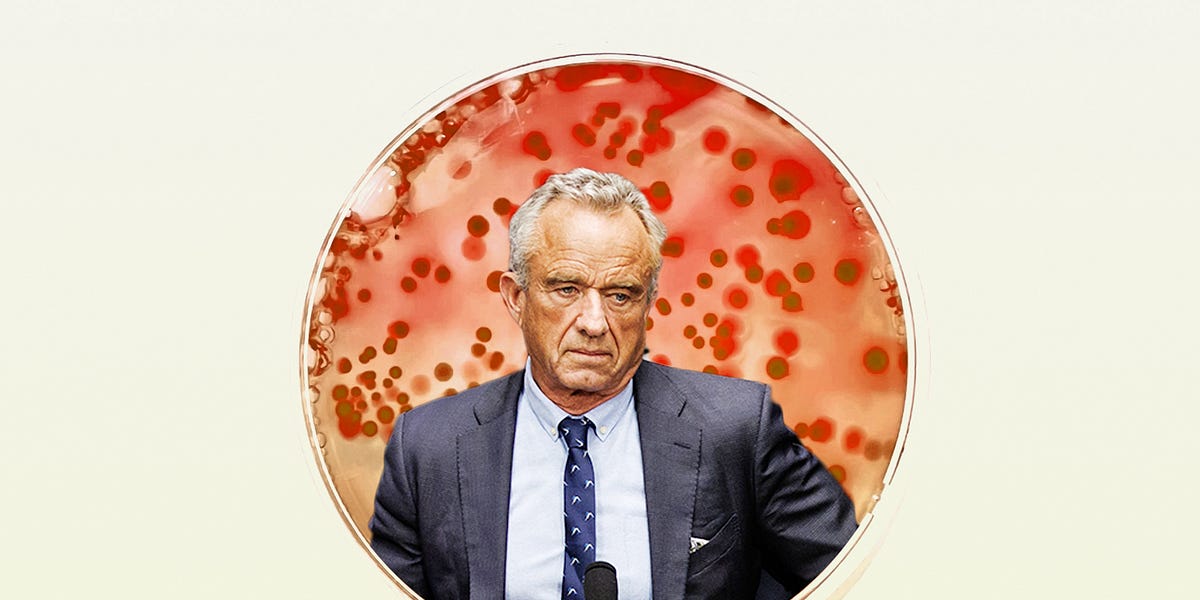Trump Administration's Funding Cuts Cripple CDC's Malaria Fight: A Global Health Setback

The Trump administration's sweeping cuts to global health funding are having a devastating impact on the Centers for Disease Control and Prevention (CDC)'s crucial malaria control programs. These drastic reductions, totaling millions of dollars, have forced the CDC to make difficult decisions, including the dissolution of a severely underfunded division and the recall of personnel stationed in Africa – regions where malaria remains a significant public health threat.
For decades, the CDC has been a leading force in the global fight against malaria, a mosquito-borne disease that disproportionately affects children and pregnant women in sub-Saharan Africa. Through a combination of research, technical assistance, and program implementation, the CDC has played a vital role in reducing malaria incidence and mortality rates. Their efforts have involved supporting national malaria control programs, training healthcare workers, distributing insecticide-treated bed nets, and conducting surveillance to track the spread of the disease.
However, the recent funding cuts have severely hampered the CDC's ability to continue this critical work. The decision to dissolve a key division responsible for global malaria control effectively dismantles a dedicated team with years of experience and expertise. Moreover, the recall of CDC employees from Africa disrupts ongoing programs and weakens the agency's presence on the ground, making it harder to provide timely support and guidance to local partners.
The Broader Implications
The consequences of these funding cuts extend far beyond the immediate impact on the CDC's malaria programs. Experts warn that the cuts could lead to a resurgence of malaria, reversing years of progress and putting millions of lives at risk. The disruption of existing programs can also undermine trust in international health partnerships and damage the United States' reputation as a global health leader. Furthermore, the cuts signal a broader shift away from multilateral engagement in global health security, which could have long-term implications for pandemic preparedness and response.
Critics Weigh In
Public health advocates and international organizations have strongly condemned the funding cuts, arguing that they are shortsighted and counterproductive. They point out that investing in global health is not only a moral imperative but also a strategic investment that benefits the United States by preventing the spread of infectious diseases and promoting global stability. “Cutting funding for malaria control is like cutting funding for fire prevention,” said Dr. Emily Carter, a global health expert at the Johns Hopkins Bloomberg School of Public Health. “It may save money in the short term, but it will ultimately lead to much greater costs in the long run.”
Looking Ahead
The future of the CDC's malaria control programs remains uncertain. While some hope that the new administration will restore funding and recommit to global health, the long-term impact of the current cuts is likely to be felt for years to come. In the meantime, the CDC and its partners will need to find innovative ways to continue their work with limited resources, prioritizing the most vulnerable populations and focusing on the most effective interventions.
The situation highlights the fragility of global health programs and the importance of sustained political commitment to addressing infectious diseases. The cuts serve as a stark reminder that progress in global health is not guaranteed and that continued investment and collaboration are essential to achieving a world free from malaria.






